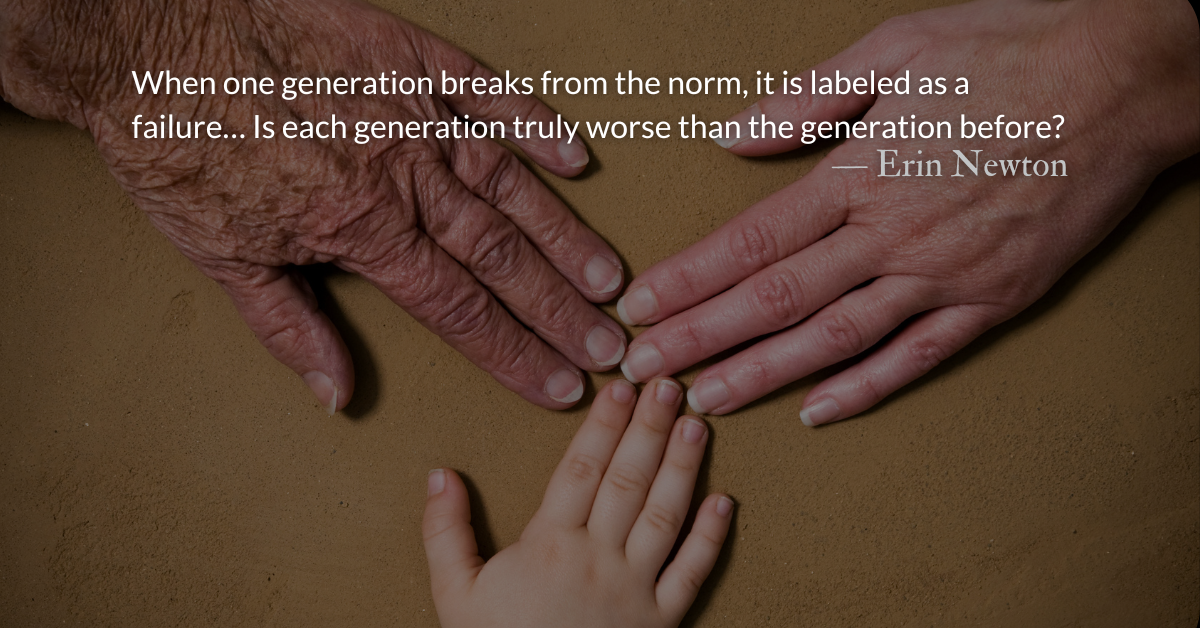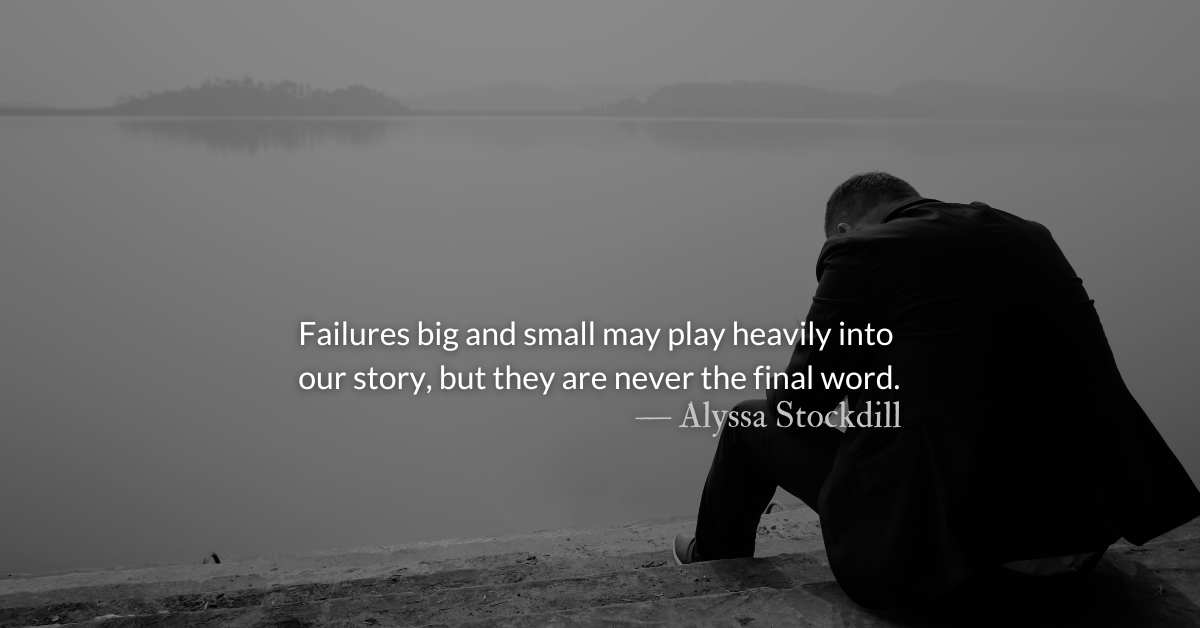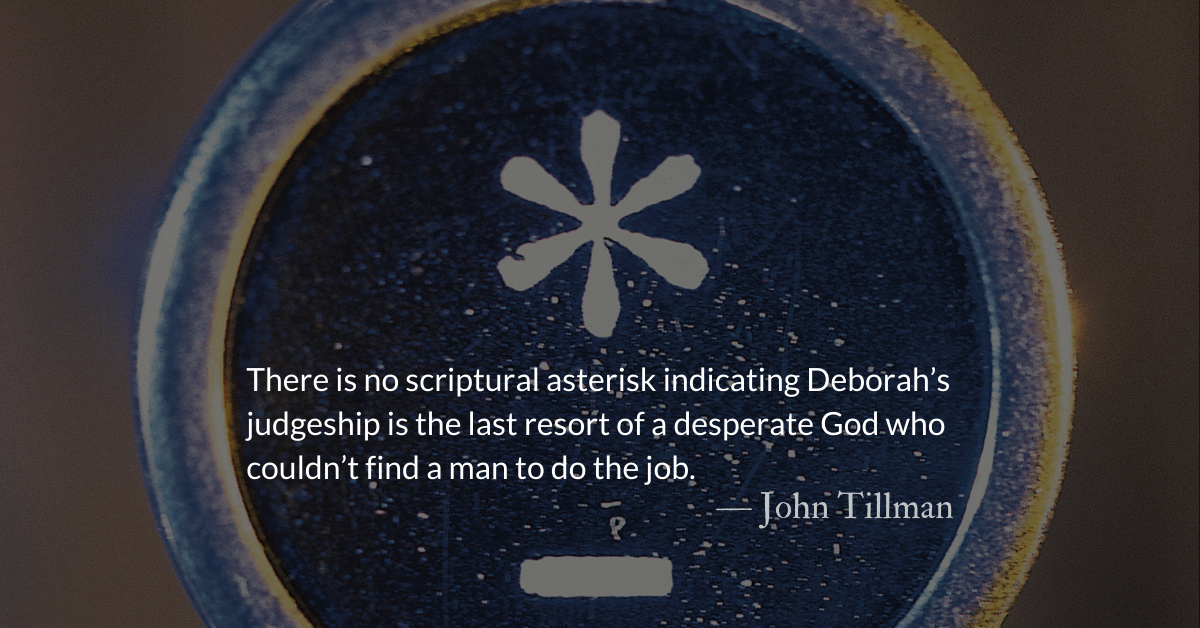Scripture Focus: Judges 7.2-4
2 The Lord said to Gideon, “The people who are with you are too many for Me to give Midian into their hands, for Israel would become boastful, saying, ‘My own power has delivered me.’ 3 Now therefore come, proclaim in the hearing of the people, saying, ‘Whoever is afraid and trembling, let him return and depart from Mount Gilead.’” So 22,000 people returned, but 10,000 remained. 4 Then the Lord said to Gideon, “The people are still too many; bring them down to the water and I will test them for you there. Therefore it shall be that he of whom I say to you, ‘This one shall go with you,’ he shall go with you; but everyone of whom I say to you, ‘This one shall not go with you,’ he shall not go.”
Reflection: What Distracts Us?
By Annette Kendall
It was a daunting task. Defeat the Midianites? A mighty coalition. Well equipped. Numerous. Naturally, Gideon did what any shrewd warrior would. He mustered all the best fighters to face the challenge squarely. But God was unimpressed with Gideon’s massive army; “too much,” he said.
There was something important God needed to teach Gideon—that with God alone Gideon had the mightiest coalition, was best equipped, and outnumbered the enemy by far. The very troops Gideon thought he needed in order to succeed were actually a distraction. Their presence would eclipse God and the miracle he proposed to do.
What distracts you from seeing God working in your life? What prevents you from looking to Jesus to meet your every need?
We must adequately equip ourselves for whatever task we are called to tackle. We need the right education to excel in our careers. We need adequate funding to acquire our basic needs. And we should have the right relationships to navigate the paths we wish to travel. But are we depending on these tools instead of looking to God? Are we forgetting that he alone is our provider and sustainer, without whom none of these tools would make a bit of difference? (Psalm 127; John 15.5) Have we come to value the gift to the neglect of the giver?
Sometimes God will take away our props so that we will have no recourse other than to depend on him. But not only that, so that when we have overcome, others will see the power of God working in and for us. (2 Corinthians 4.7)
God recognizes our frailty. Because of God’s compassion toward us, as he revealed to Gideon the enemy’s fear and subsequent defeat, (Judges 7.9-14) he sometimes encourages us in our trials with glimpses of what he is about to do. God is the one who goes before us and, when we are weak, he shows us how he has prepared the way for us or reminds us how he did it sometime before. When he does, our rightful response is to give him what he is due—our worship. (Judges 7.15)
Each day as you tackle the burdens of life, may you see past the clouds that threaten, and hear through the noise of discouragement, that which truly matters—Jesus.
Divine Hours Prayer: The Greeting
Whom have I in heaven but you? And having you I desire nothing upon earth. — Psalm 73.25
– From The Divine Hours: Prayers for Summertime by Phyllis Tickle.
Today’s Readings
Judges 7 (Listen 4:39)
Titus 2 (Listen 2:01)
Share a Readers’ Choice post!
#ReadersChoice is a time for you to share your favorite Park Forum posts from the year.What post gladdened your heart?
https://forms.gle/dfa88nayaEEqiy9X7
Read more about This Present Age
We often wish we were some “when” and perhaps some “where” else, but God calls us instead, to live for him today, “In this present age.”











